Many localities are confused when receiving new authority in the field of cultivation and plant protection after decentralization, leading to congestion in agricultural export procedures, especially to the European market.
Localities confused when receiving new authority
On the afternoon of July 29, in Hanoi, the Department of Crop Production and Plant Protection (DPP) - Ministry of Agriculture and Environment (MARD) held a training conference to disseminate legal regulations related to decentralization and delegation in the field of crop production and plant protection. The conference was attended by representatives of 34 provinces and cities, along with leaders of branches, associations and regional plant quarantine units.
The conference focused on resolving difficulties in implementing 22 administrative procedures that have been decentralized by the Ministry of Agriculture and Environment to the provincial People's Committees. However, many localities reported that there were still problems due to incomplete updates of decentralized information, lack of specific instructions, and local officials' confusion in accessing specialized documents.
This situation directly affects the production and export of agricultural products. Recently, many shipments such as dragon fruit, chili, okra, pepper, etc. have been stuck at the border gate when exporting to the European Union (EU) due to the lack of EU standard certificates. Due to the lack of a competent authority to sign the certificates, businesses have been left in a passive situation, even having to postpone export contracts.
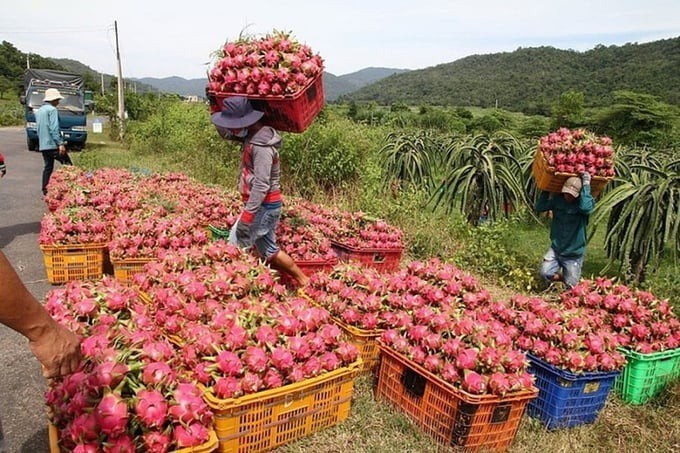
Faced with this development, on July 25, Prime Minister Pham Minh Chinh requested the Ministry of Agriculture and Environment and the People's Committee of Lam Dong province to immediately resolve issues related to the issuance of export documents for agricultural products such as dragon fruit, pepper, etc. to the EU. This is one of the clear evidences showing the urgent need to support localities to soon master the process after decentralization.
The Ministry commits to removing obstacles and promoting inter-sectoral coordination.
At the conference, representatives of many provinces and cities pointed out specific difficulties in each step of the procedure. The Hanoi Department of Agriculture and Environment proposed that the Ministry of Agriculture and Environment provide detailed instructions on granting import licenses for plant protection products to foreign organizations, clarifying requirements for testing and regulations related to the Montreal Protocol. Hanoi also proposed to improve the implementation process, because it is currently still cumbersome and time-consuming.
In Ho Chi Minh City, the Department of Agriculture and Environment and the Department of Food Safety also encountered many difficulties when issuing food safety certificates for export goods, especially the certificate form according to EU standards, which is complicated and does not have specific legal guidance.
While waiting for the process to be completed, the Ho Chi Minh City Department of Food Safety has proactively implemented a temporary solution of receiving the business's documents and submitting them to the City People's Committee for signature according to the old form so as not to disrupt exports. To date, 5 businesses have been handled according to this plan, but the department's leaders admit that this is only a temporary solution.
The Department of Agriculture and Environment and the Department of Food Safety of Ho Chi Minh City requested the Ministry of Agriculture and Environment to provide a list of organizations qualified to handle quarantine objects, provide specific instructions on recognizing testing organizations, and organize additional training sessions to standardize the handover of documents after decentralization.
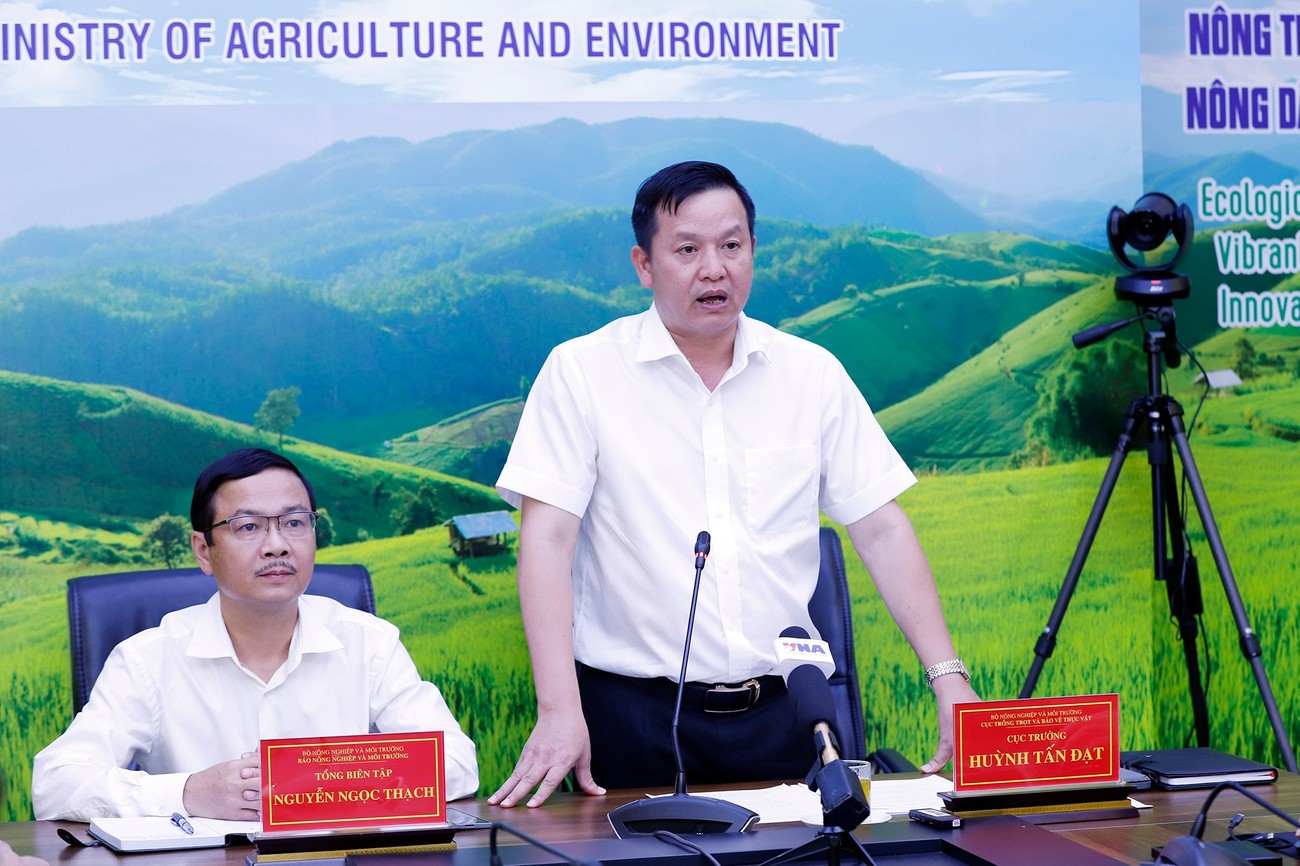
Speaking at the conference, Mr. Huynh Tan Dat - Director of the Department of Information and Plant Protection - emphasized that the decentralization of 22 administrative procedures is a big step forward in administrative reform, helping to reduce the burden on the Central Government and promote the initiative of localities. However, he also acknowledged that this process requires closer coordination and synchronization.
“We will absorb all feedback and from there develop a specific action plan: increase training, promote communication to people and businesses, and establish an effective support mechanism between the central and local levels through the system of specialized departments under the Department of Information and Plant Protection,” Mr. Dat affirmed.
In the coming time, the Ministry of Agriculture and Environment and the Department of Plant Protection will continue to hold more specialized conferences to continue listening and removing obstacles for local authorities to avoid affecting the interests of businesses and people, ensuring export flow.
Source: https://baolaocai.vn/hop-nong-tim-cach-khoi-thong-ach-tac-nong-san-xuat-chau-au-post650063.html



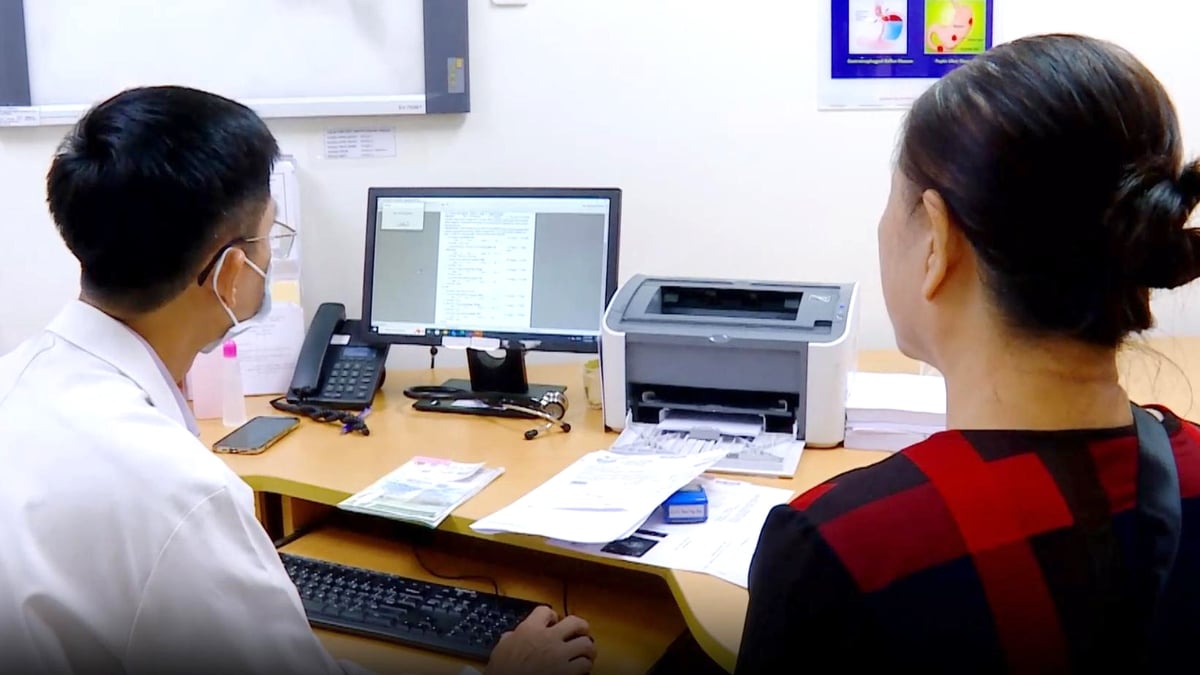



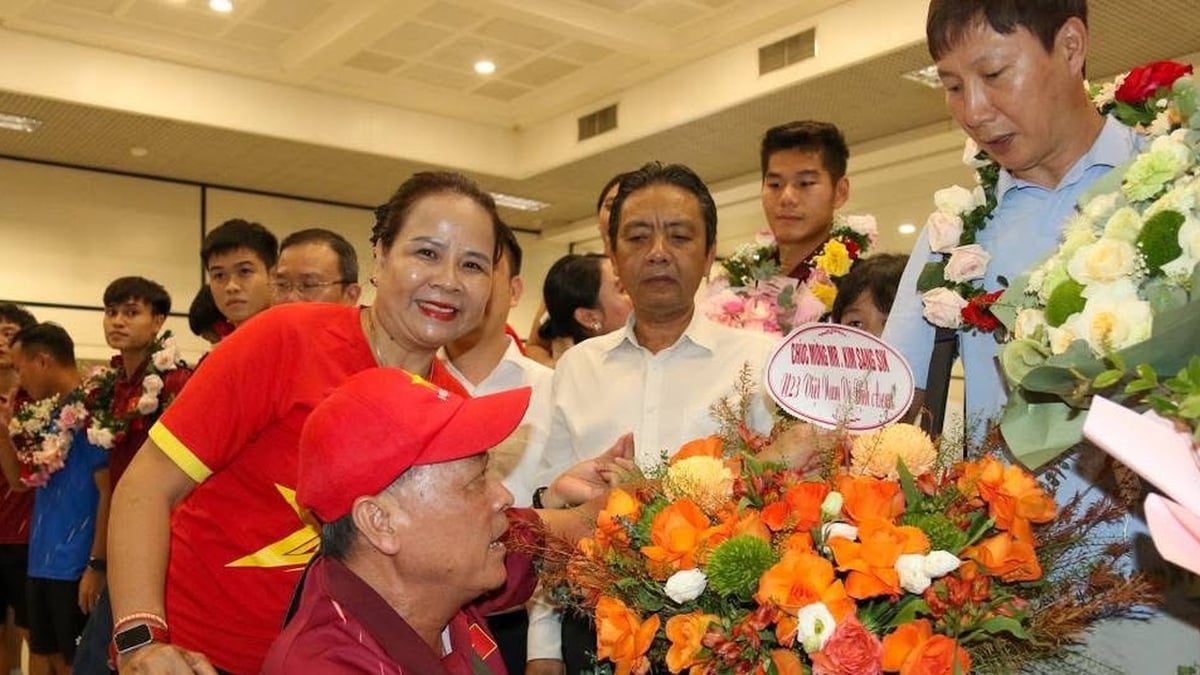
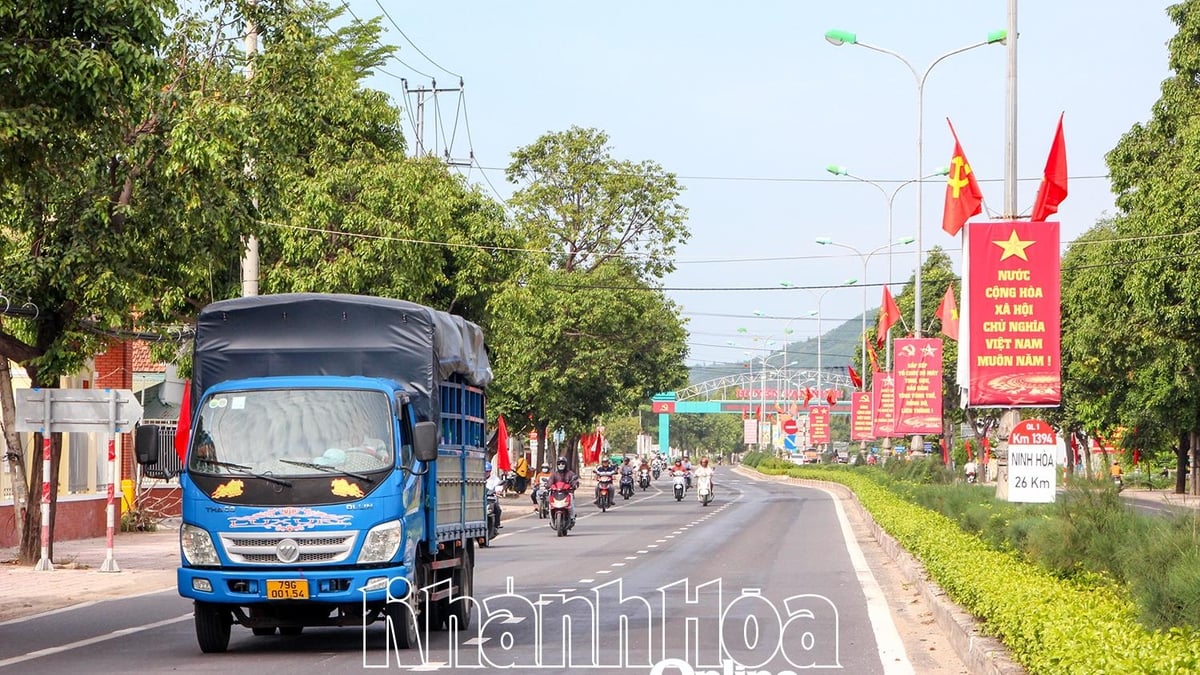
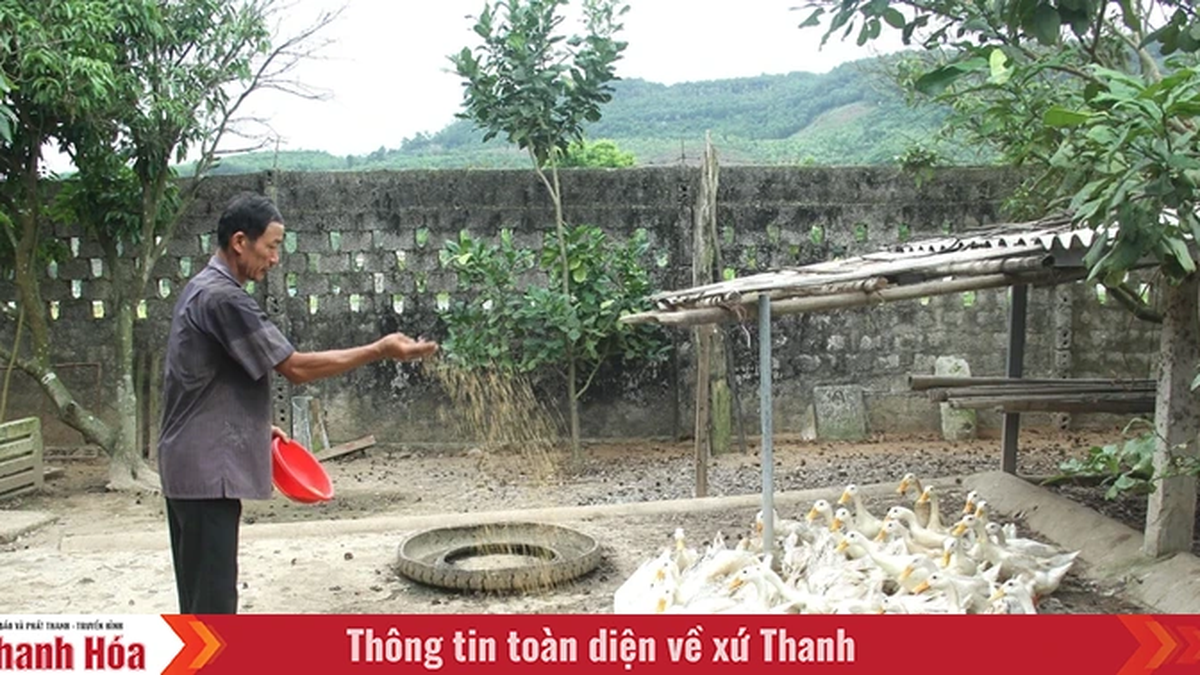

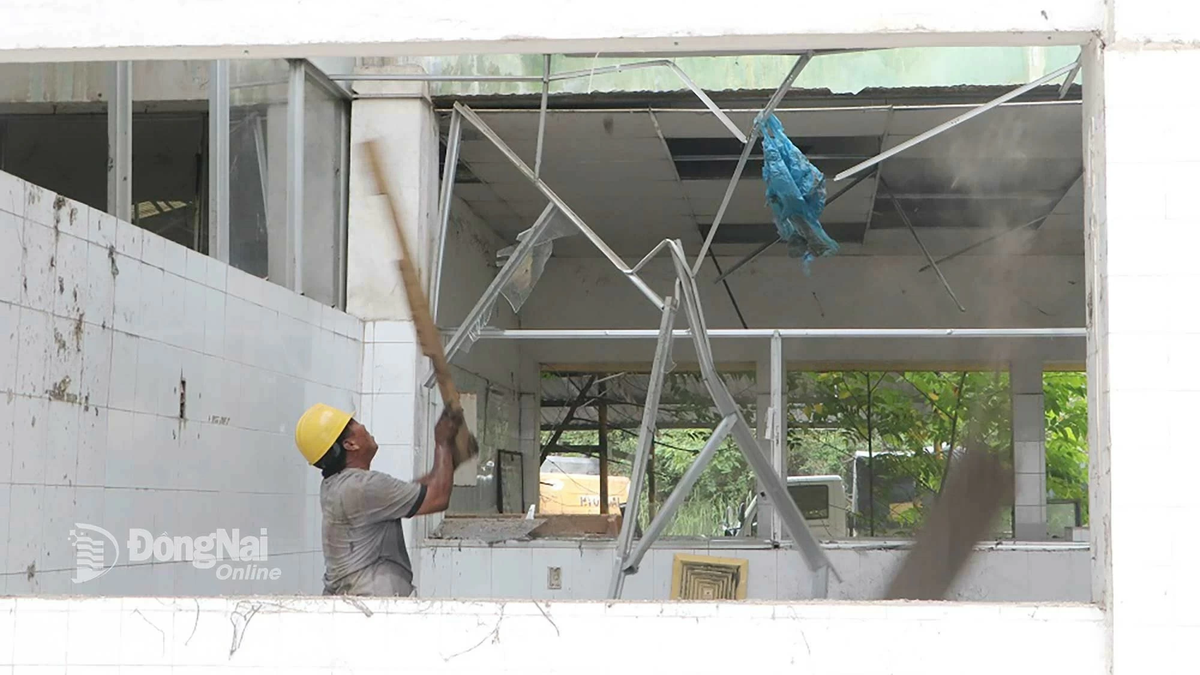












































![[Maritime News] Container shipping faces overcapacity that will last until 2028](https://vphoto.vietnam.vn/thumb/402x226/vietnam/resource/IMAGE/2025/7/30/6d35cbc6b0f643fd97f8aa2e9bc87aea)









































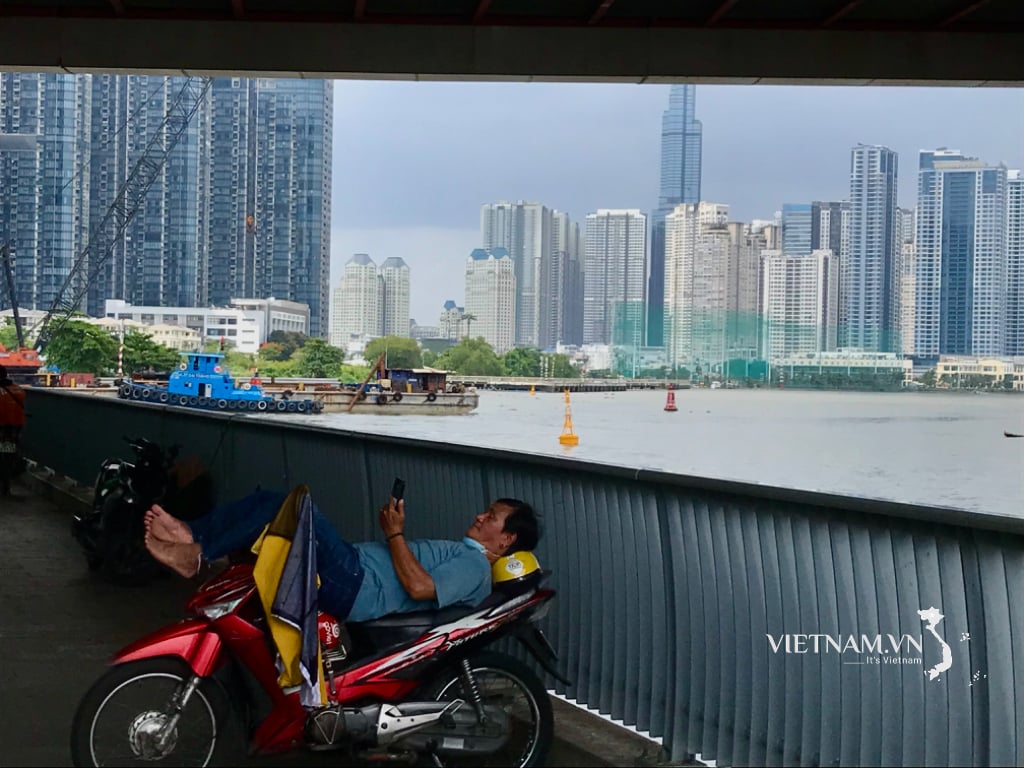
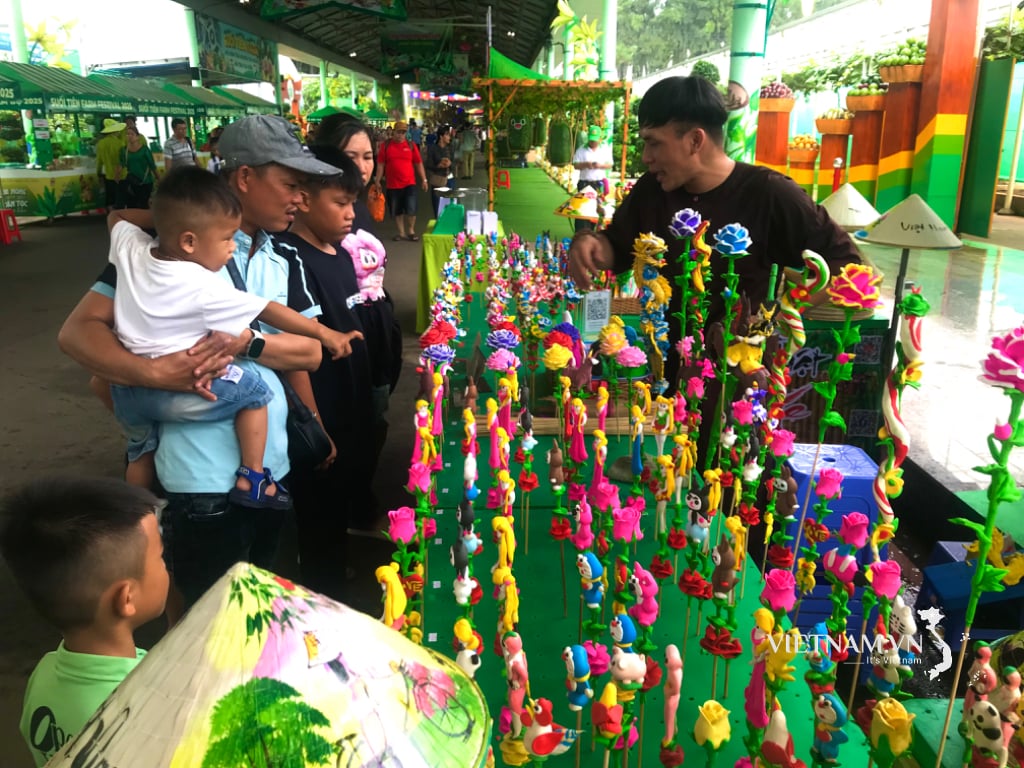


Comment (0)